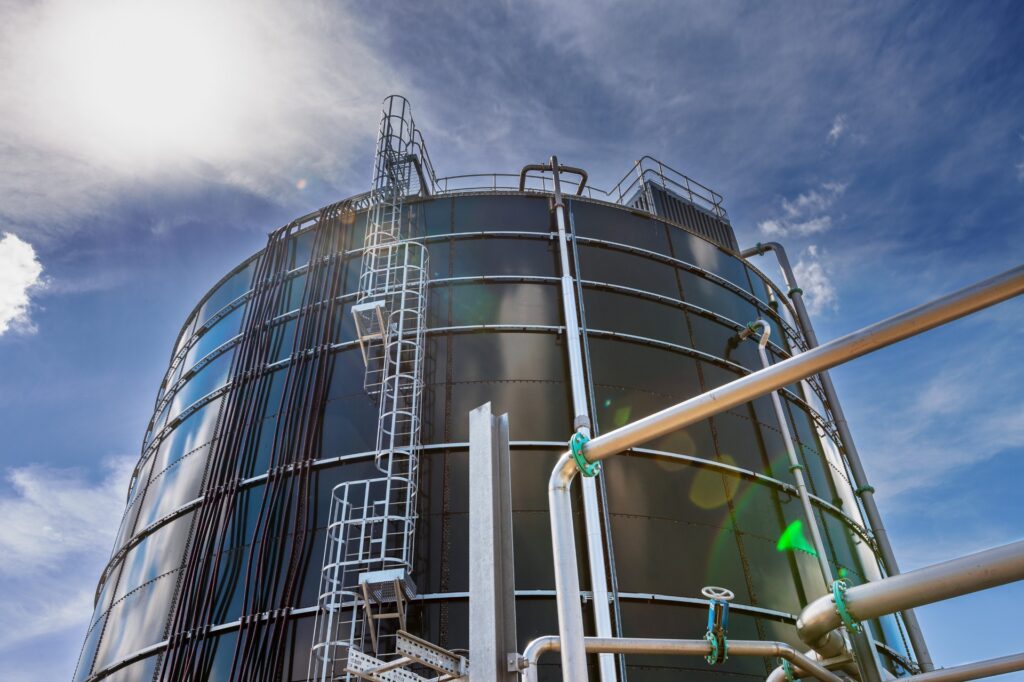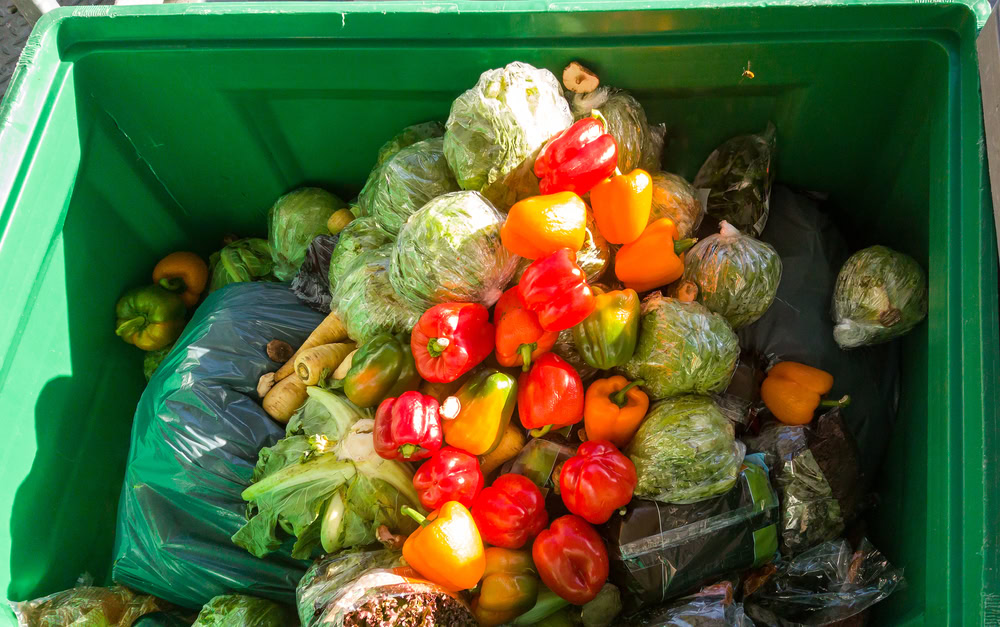In particular, the report, entitled 'Communication from the Commission to the Council and the European Parliament on future steps in bio-waste management in the European Union', calls for proper application of the revised waste hierarchy with regards the bio-waste stream.
Explaining the report's conclusions, European environment commissioner, Janez Potocnik, said: “We already have a significant body of legislation government biowaste in the EU. But through better implementation and enforcement, we can squeeze even more benefit from biowaste.”
“This will not only help in the fight against climate change: producing good quality compost and biogas will contribute to healthy soil and slow biodiversity loss,” he added.
The Commission pointed towards the success that several member states had had in tackling the waste stream as proof that existing legislation, such as the Landfill Directive and WFD, was an “excellent basis” for advanced biowaste management.
The report's publication confirms the worst fears of those in the organics sector who supported the need for separate legislation on biowaste (see letsrecycle.com story), and comes despite support for a Biowaste Directive from several other quarters.
Since the Commission launched a green paper on the biowaste management issue in December 2008 (see letsrecycle.com story), both the Council of Ministers (see letsrecycle.com story) and, most recently, the European Parliament (see letsrecycle.com story) have called on the body, which draws up all European legislative proposals, to look at drawing up a separate proposal for biowaste this year.
Trade bodies such as the Association for Organics Recycling have also backed the need for a Biowaste Directive, with particular emphasis on providing targets for separately collecting and treating the waste stream.
But, in this week's report, the Commission instead outlines exactly what aspects of existing legislation should be emphasised at both an EU and national level to maximise the benefits of biowaste management.
It notes that – as was concluded in research published by consultancies Eunomia and ARCADIS earlier this year – this could offer environmental and financial savings of more than €7 billion (









Subscribe for free